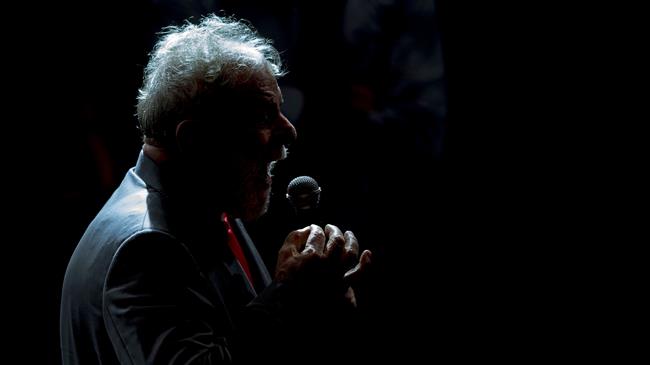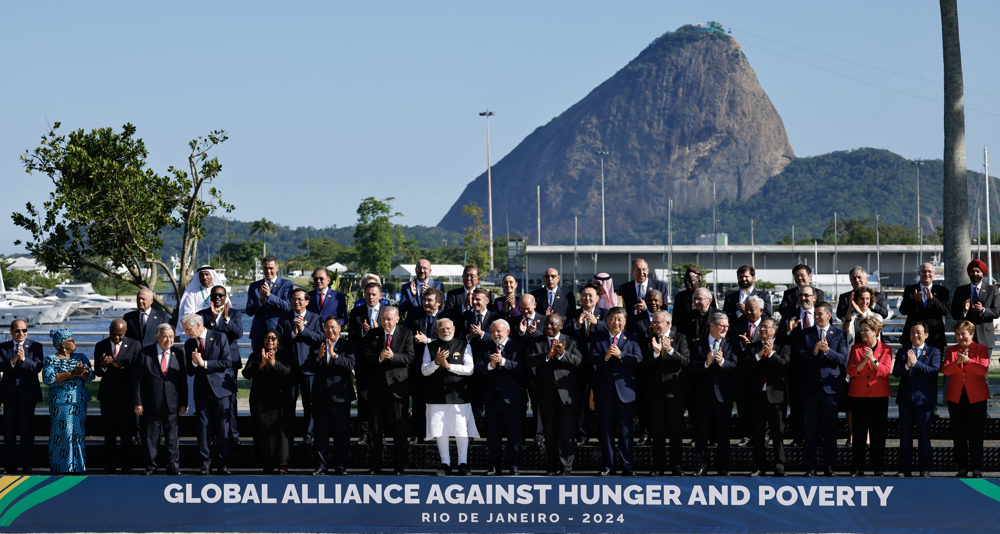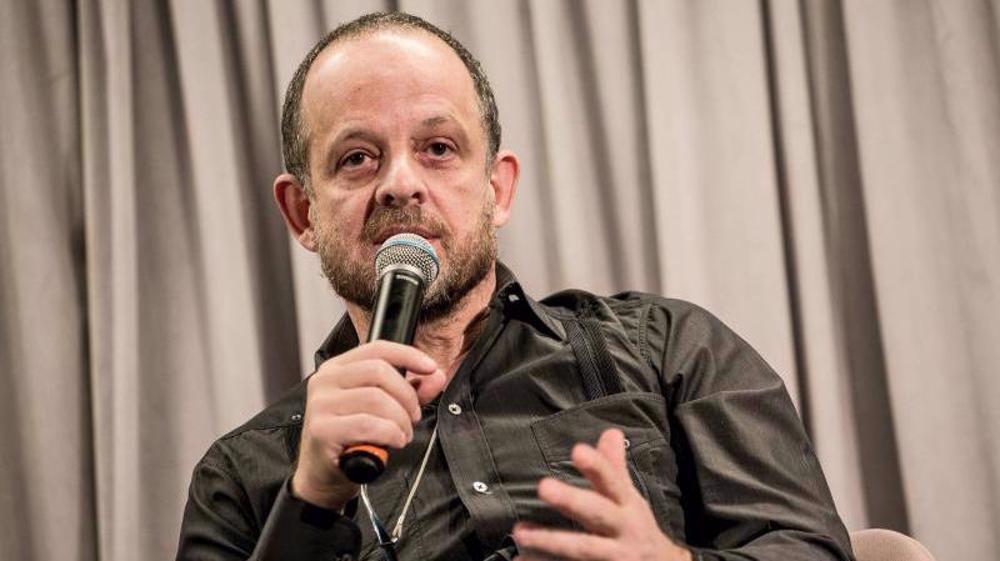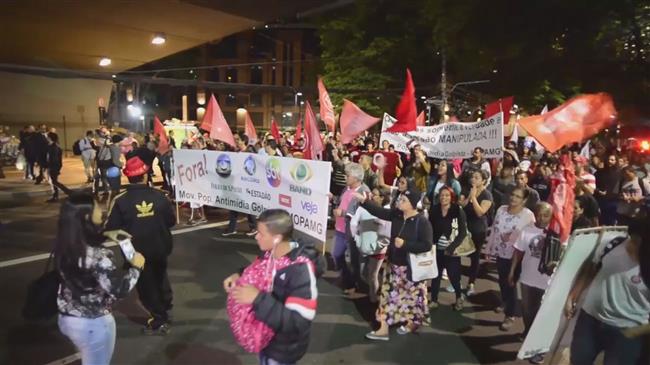Brazil’s Lula launches court appeal to save candidacy
Brazil’s jailed former president Luiz Inacio Lula da Silva has appealed a court ruling that bars him from running in the upcoming presidential election.
Lula da Silva’s lawyers filed the appeal at Brazil’s Supreme Court on Wednesday in a bid to revive his chance for presidential candidacy.
The Supreme Electoral Court in Brazil ruled last week that the 72-year-old former president, who is serving a 12-year sentence for a corruption conviction, cannot run for a third term, eliminating the front-runner’s chances ahead of the October election.
Brazil’s top electoral court also barred the popular leftist politician from taking part in any election campaign advertising on radio and television.
Lula was the 35th president of Brazil, from 2003 to 2011, with an approval rating of above 80 percent, and has been serving a 12-year prison sentence since April after being found guilty of money laundering and corruption. The veteran politician has dismissed his conviction as part of a plot to prevent him from returning to power.
Lula’s Workers’ Party, the PT, has nevertheless registered him as its presidential candidate for the October 7 vote, arguing that he is innocent and the victim of political persecution.
Brazil’s most popular politician has been leading early opinion polls but is not allowed to stand under the Brazilian electoral law of Clean Slate, which states politicians are not authorized to run for office within eight years of being found guilty of a crime.
Running a campaign largely from his prison cell, the leftist leader has been able to garner nearly 40 percent of prospective votes for the October presidential election, according to the latest polls. His nearest rival, far-right candidate Jair Bolsonaro, enjoys 19 percent of voter support.
The Workers’ Party has until September 17 to replace Lula with another candidate or forfeit the presidential bid. The party is widely expected to cast Lula’s vice president, Fernando Haddad, as his replacement.

Lula is convicted of taking $1.2 million in bribes from Brazilian construction giant Odebrecht in return for granting the company public contracts.
He also faces another six trials for other corruption charges but has denied any wrongdoing.
The important of Venezuela for Iran
Iran beats traditional rival Russia in freestyle and Greco-Roman wrestling friendly
Rape trials trigger protests against French ‘sexist and misogynistic’ culture
US photographer opens Berlin exhibition with anti-Israel speech
VIDEO | Press TV's News Headlines
VIDEO | US 'non-profit killer’ bill targets pro-Palestinian groups
Explainer: How Yemeni military chased away US aircraft carrier from Red Sea?
French march for women of Palestine














 This makes it easy to access the Press TV website
This makes it easy to access the Press TV website